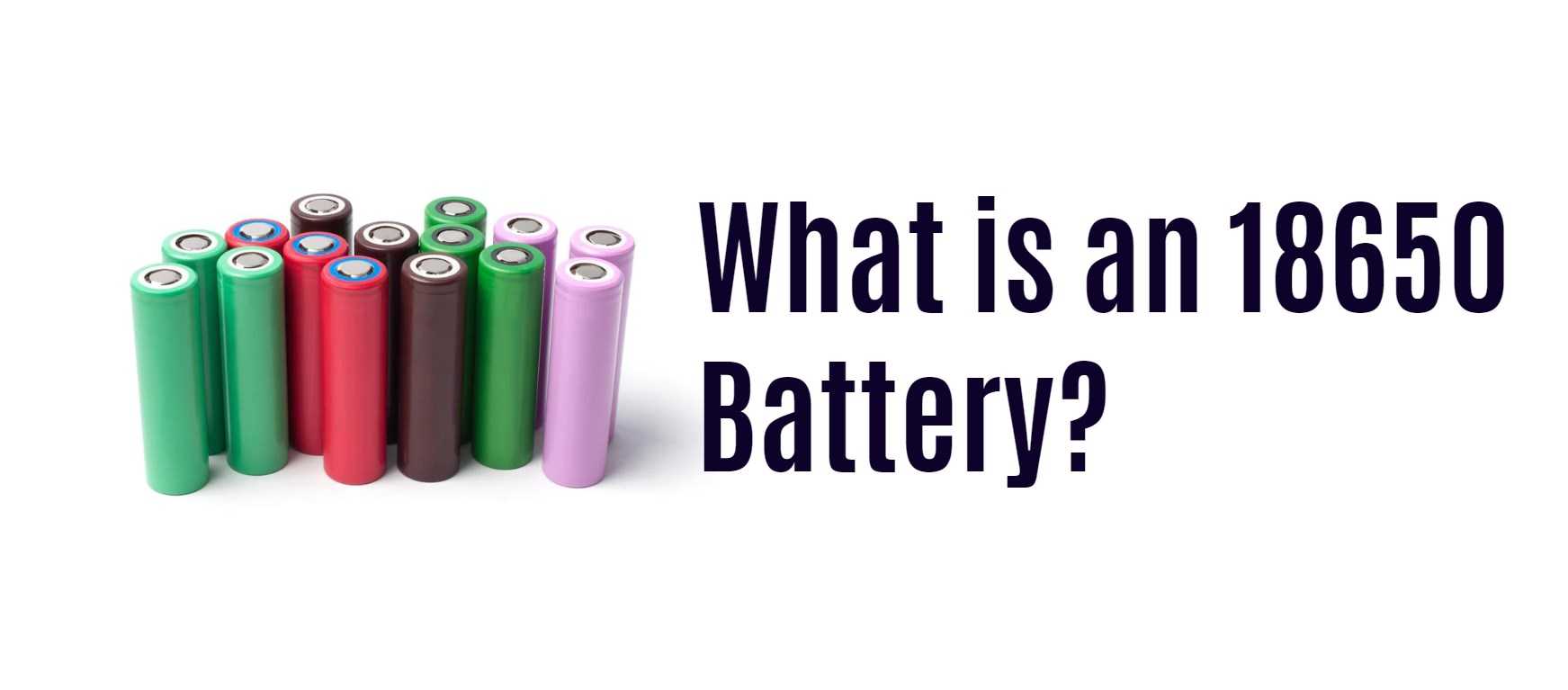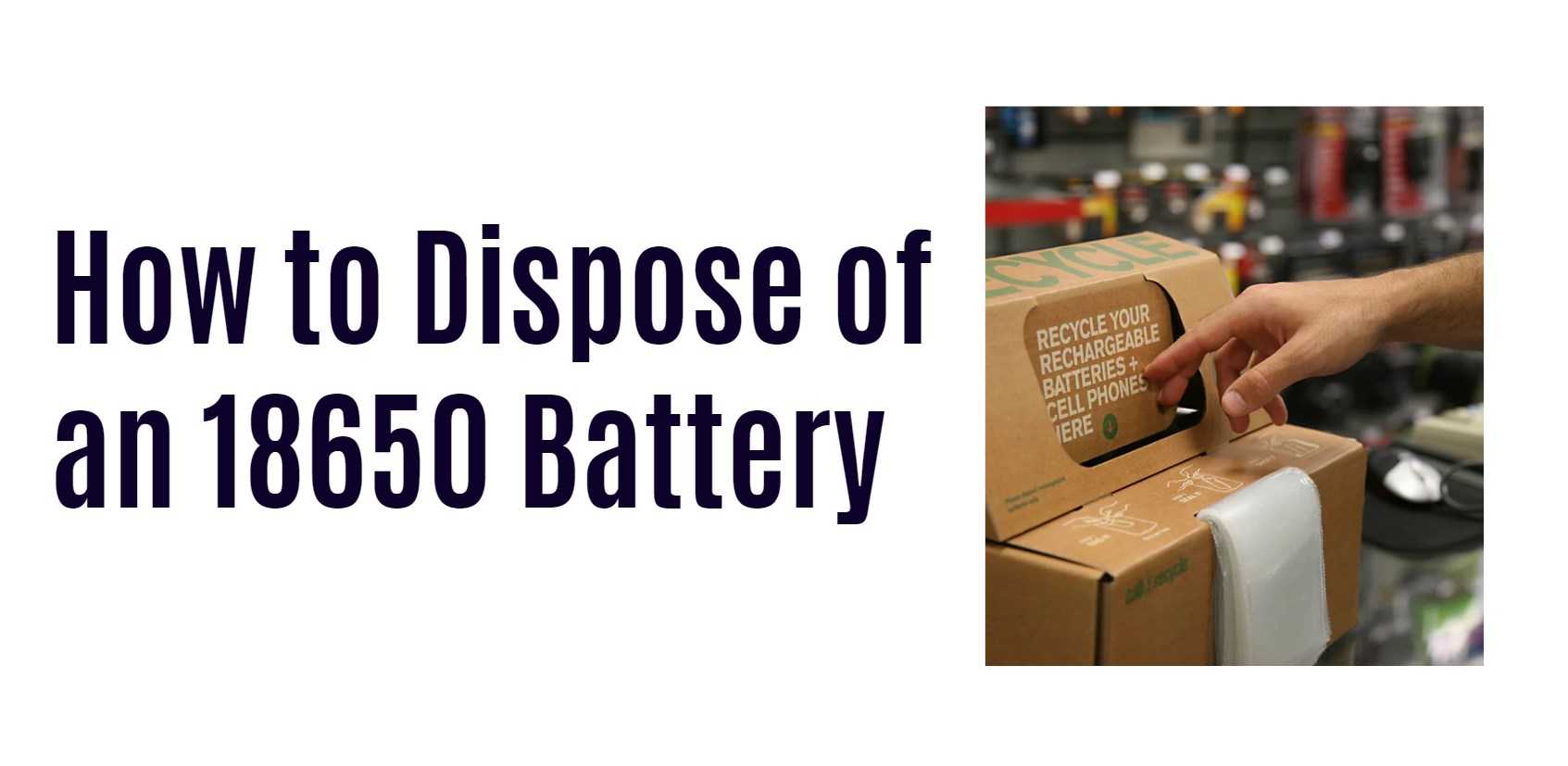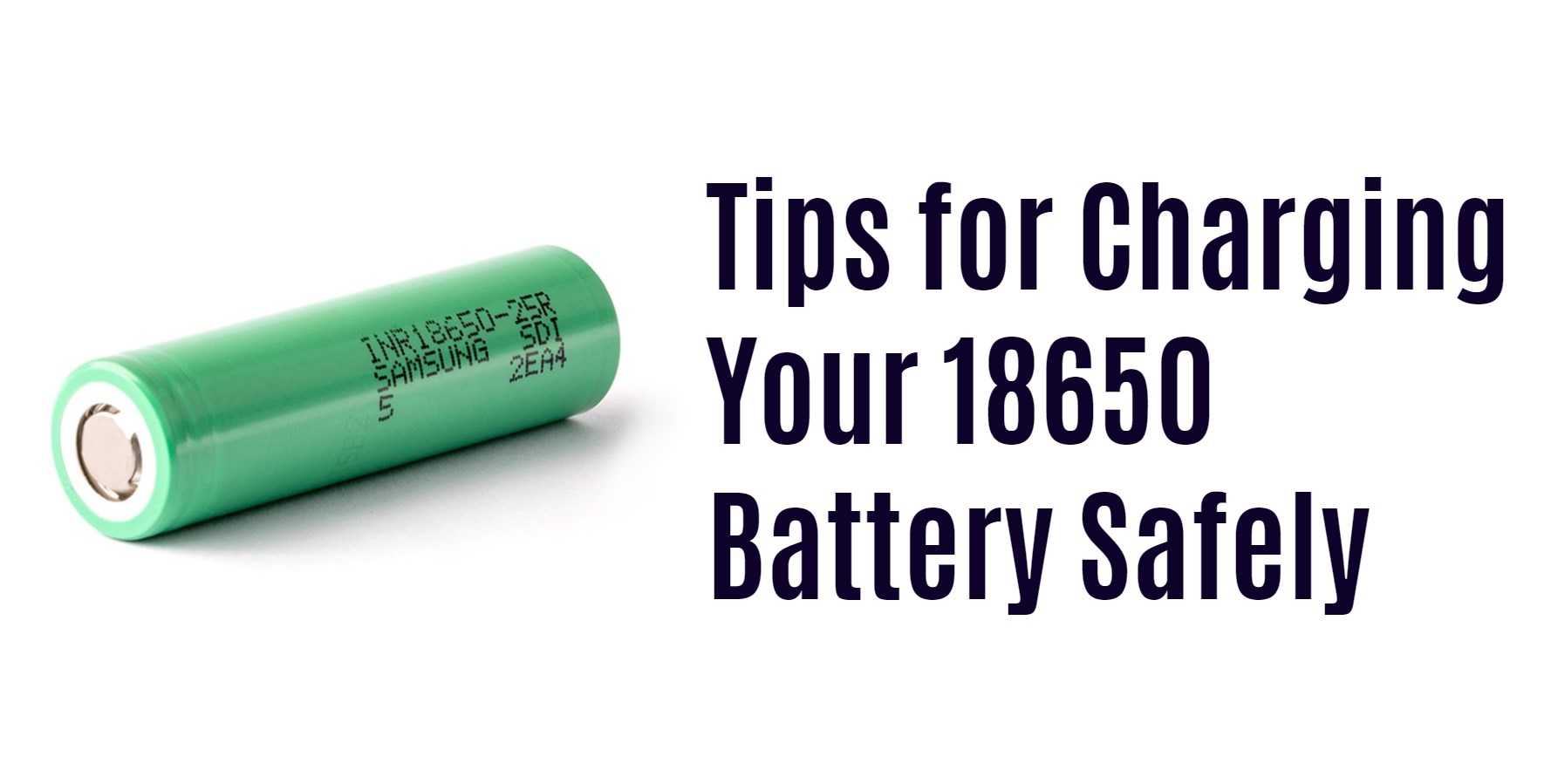Are you using 18650 batteries for your electronic devices? If so, it’s important to know how to safely charge and dispose of them. These small but powerful batteries are commonly used in flashlights, vape pens, laptops, and more. In this blog post, we’ll provide you with tips on how to charge your 18650 battery safely and responsibly. By following these guidelines, you can protect yourself from potential hazards while extending the life of your battery. Read on to learn more!
What is an 18650 Battery?
The 18650 battery is a type of rechargeable lithium-ion battery that measures approximately 18mm in diameter and 65mm in length. It gets its name from these dimensions, making it easy to identify among other types of batteries.
These small but powerful batteries are commonly used in various electronic devices due to their high energy capacity and long-lasting performance. They can be found in flashlights, vape pens, laptops, power banks, electric vehicles, and even solar-powered homes.
One of the unique features of the 18650 battery is its cylindrical shape. This design allows for efficient use of space within devices while also providing stability during charging and discharging cycles.
However, it’s important to note that not all 18650 batteries are created equal. Some may have different energy capacities or discharge rates depending on the brand and quality level. Always do your research before purchasing an 18650 battery for your device to ensure optimal performance and safety.

How to Charge an 18650 Battery
Charging an 18650 battery is a crucial step in ensuring its longevity and safety. Before charging, make sure to remove the battery from your device and inspect it for any damage. Next, choose a compatible charger that matches the voltage and capacity of your battery.
When inserting the battery into the charger, be sure to align it correctly with the positive (+) and negative (-) terminals. This will prevent any damage or malfunctioning during charging. Once connected, ensure that the charger is plugged into a reliable power source.
It’s important to monitor your battery’s temperature while charging as overheating can cause damage or even lead to explosion. Remove the battery immediately if it feels hot to touch or emits an unusual odor.
Once fully charged, unplug your charger from its power source before removing your 18650 battery from it. A properly charged 18650 should last up to several hours depending on usage intensity.
By following these simple steps you can safely charge your 18650 batteries which will help maintain their lifespan so they perform optimally every time you use them!
Tips for Charging Your 18650 Battery Safely
Charging your 18650 battery safely is essential to prevent any accidents or damage to the battery and device. Here are some tips to ensure safe charging:
1. Use a reliable charger: Always use a charger that is compatible with your 18650 battery and comes from a reputable manufacturer.
2. Check the condition of the charger: Before plugging in your charger, inspect it for any signs of wear or damage, such as frayed wires or loose connections.
3. Charge at room temperature: Charging your battery at room temperature (around 20-25°C) can ensure optimal performance and safety.
4. Don’t overcharge: Overcharging can cause the battery to overheat and may even lead to an explosion. Always monitor the charging time and remove it once fully charged.
5. Avoid undercharging: Similarly, if you don’t charge your batteries enough, they won’t perform well in devices when used.
6. Store properly while charging: Never leave your batteries unattended while charging them; store them on non-flammable surfaces away from heat sources like direct sunlight
By following these tips, you can safely charge your 18650 batteries without any worry of causing harm to yourself or others around you!

How to Dispose of an 18650 Battery
When it comes to disposing of an 18650 battery, proper care must be taken to ensure safety for both people and the environment. These lithium-ion batteries can contain hazardous materials such as heavy metals that can cause harm if not disposed of properly.
Firstly, never throw your used batteries in the trash bin. This is because they have a high risk of igniting fires or causing explosions due to their chemical components. Instead, look for designated battery recycling centers near you where they will be handled and disposed of carefully.
Another alternative method is through mail-back programs offered by some manufacturers who take back used batteries for safe disposal. If there are no available options nearby, store your used batteries in a cool and dry place until you find an appropriate way to dispose of them.
Always remember that improper disposal methods can lead to environmental pollution which may result in health risks among people living close by. By taking responsible steps towards disposing these batteries safely, we not only help protect ourselves but also contribute towards preserving our planet’s natural resources.
Conclusion
A reliable 18650 battery charger is crucial for safely powering your high-performance lithium-ion batteries. Many users opt for an 18650 battery and charger combo for convenience, ensuring compatibility between the battery and charging system. Whether you need a simple 18650 battery with charger set or a more advanced charging solution, proper care extends battery life and prevents hazards.
When charging a 18650 battery, always use a quality charger to avoid overcharging or overheating. Some prefer purchasing an 18650 battery & charger bundle for optimal performance. For those seeking premium energy solutions, Redway Battery, China LiFePO4 Battery Wholesale Supplier, offers top-tier lithium batteries and accessories.
From vape mods to flashlights, an efficient 18650 battery charger keeps your devices running smoothly. Investing in a trusted 18650 battery and charger setup ensures long-term reliability, while proper techniques for charging a 18650 battery maximize efficiency. Whether you buy an 18650 battery with charger or separately, safety should always come first.




